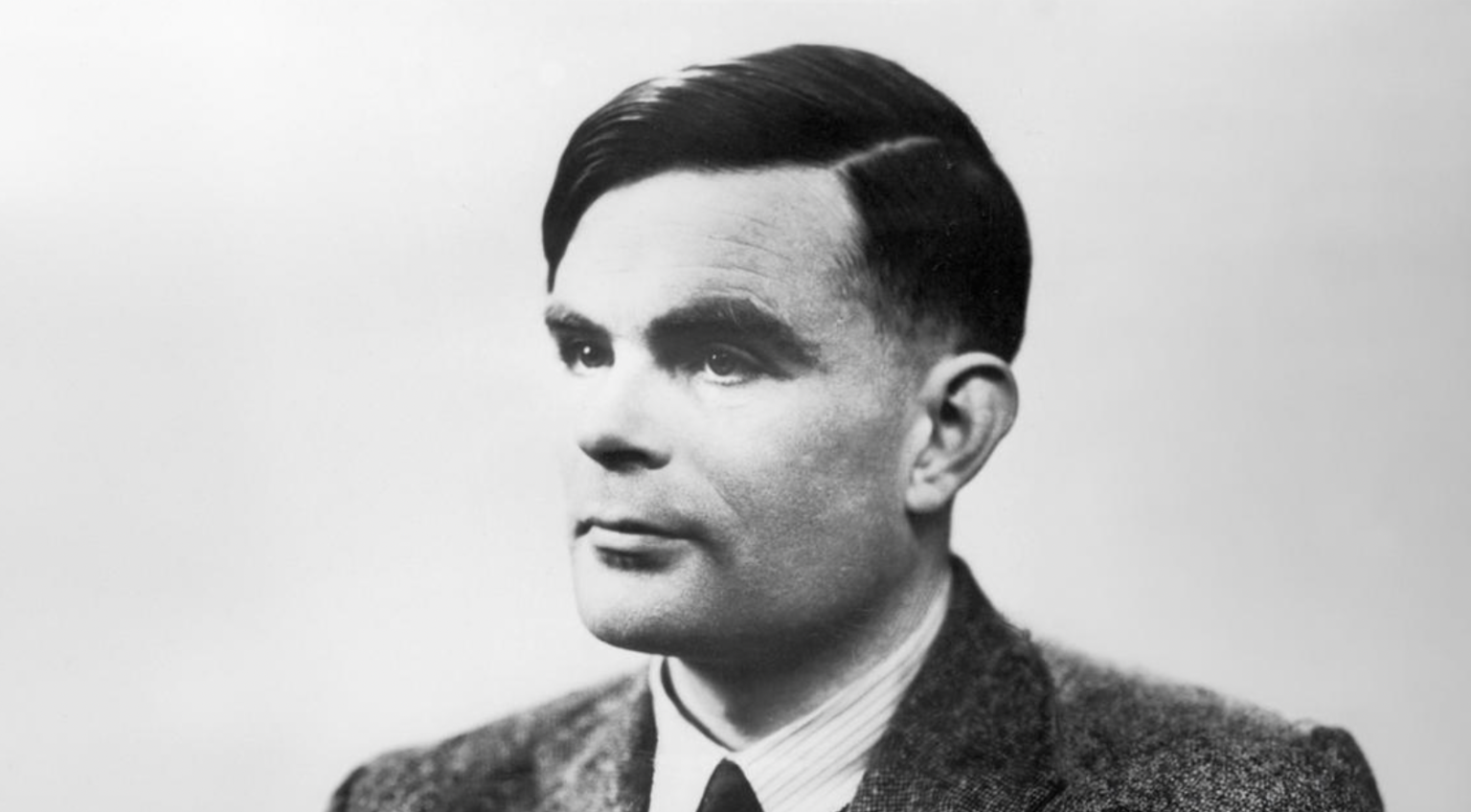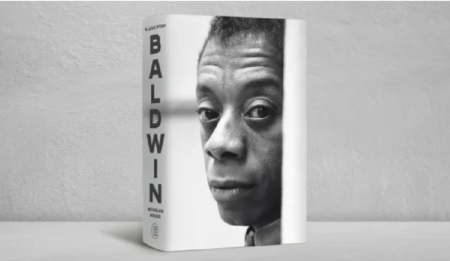A documentary exploring the posthumous pardon of Alan Turing is set to premiere at Cinema Village in New York City on Friday, December 6, for a one-week engagement. Titled Forgetting the Many: The Royal Pardon of Alan Turing, the film is directed by award-winning filmmaker Rosemarie Reed and narrated by gay voice of Paddington Bear Ben Whishaw.
Forgetting the Many delves into the historical injustices faced by Alan Turing, a pioneering World War II codebreaker, following his conviction for same-sex acts in 1952 under the British law that classified such acts as “gross indecency.” However, Reed’s exploration extends beyond Turing to include the narratives of other gay men who were similarly convicted under the 1885 British law. The documentary features in-depth interviews, archival footage, and personal accounts, illustrating the severe consequences these men faced, including job loss, estrangement from families, and the erosion of their dignity.
Director Rosemarie Reed emphasises the importance of equating the struggles of lesser-known individuals depicted in the film with that of Turing, stating that although the men featured may not be prominent figures, their stories are equally poignant and merit recognition.
The documentary sheds light on the political activism and legal reforms that gradually unfolded, ultimately enabling some of these men to seek pardons for their convictions. However, Reed highlights the ongoing challenges, noting that despite changes in the law, many survivors remain in a state of uncertainty as they seek to have their records expunged following the repeal of the offending legislation.
The Sexual Offences Act of 1967 was a landmark moment, creating the first partial decriminalisation of homosexual acts between consenting adults in England and Wales, yet full legal decriminalisation was not achieved until 2003. Despite these reforms, those convicted prior to decriminalisation continued to bear the stigma of a criminal record, adversely affecting their employment opportunities.
Alan Turing received an official apology in 2009 from then-Prime Minister Gordon Brown for his earlier conviction. His situation was further addressed in 2013 when Queen Elizabeth II posthumously pardoned him; however, this pardon was limited solely to Turing and did not extend to the thousands of other men similarly affected.
The 2017 Policing and Crime Act introduced amendments known as “Turing’s Law,” which allowed for automatic posthumous pardons for deceased men convicted of homosexual acts that are no longer considered crimes. This development represented a significant step towards rectifying historical injustices; yet, living individuals who had been convicted continued to navigate complex legal pathways to obtain a pardon. Notably, to benefit from a pardon, these individuals had to first successfully apply for their convictions to be disregarded.
It wasn’t until 2022, with the enactment of the Police, Crime, Sentencing and Courts Bill, that the scope of eligible past same-sex offences for disregard and pardon was expanded to include all homosexual acts that are no longer classified as crimes. Nevertheless, certain individuals remain ineligible for pardons due to the nature of their offences, including consensual acts in public restrooms or between minors.
Rosemarie Reed’s career has been dedicated to uncovering stories of historical significance that have often been overlooked. Her inspiration for creating Forgetting the Many emerged from the recognition that Turing’s pardoning had led to the neglect of many others wrongfully convicted. By bringing these stories to the forefront, the film aims to address the continuing fight for justice, not only within the U.K. but also in global contexts where similar laws and their ramifications persist.
Source: Noah Wire Services
- https://justinbengry.com/portfolio-view/forgetting-the-many-the-royal-pardon-of-alan-turing/ – Corroborates the historical context of Alan Turing’s conviction and the broader impact on other men convicted under the same laws.
- https://getoutmag.com/a-story-not-to-be-forgotten/ – Provides details on the documentary ‘Forgetting the Many: The Royal Pardon of Alan Turing,’ including its premiere and the director’s intentions.
- https://getoutmag.com/a-story-not-to-be-forgotten/ – Explains the severe consequences faced by men convicted under anti-gay laws, such as job loss and family estrangement.
- https://getoutmag.com/a-story-not-to-be-forgotten/ – Discusses the political activism and legal reforms that led to partial decriminalization and eventual pardons for some convictions.
- https://getoutmag.com/a-story-not-to-be-forgotten/ – Details the Sexual Offences Act of 1967 and the full decriminalization achieved in 2003, as well as the ongoing challenges for those with criminal records.
- https://getoutmag.com/a-story-not-to-be-forgotten/ – Mentions Alan Turing’s official apology in 2009 and his posthumous pardon in 2013, and the limited scope of this pardon.
- https://getoutmag.com/a-story-not-to-be-forgotten/ – Explains the 2017 Policing and Crime Act’s ‘Turing’s Law’ and the subsequent legal pathways for living individuals to obtain pardons.
- https://getoutmag.com/a-story-not-to-be-forgotten/ – Describes the expansion of eligible past same-sex offences for disregard and pardon under the 2022 Police, Crime, Sentencing and Courts Bill.
- https://patch.com/new-york/new-york-city/documentary-delves-men-convicted-under-anti-lgbtq-british-law – Highlights Rosemarie Reed’s career and her inspiration for creating the documentary to address the neglect of other wrongfully convicted men.
- https://chelseafilm.org/forgetting-the-many-the-royal-pardon-of-alan-turing/ – Provides details on the documentary’s premiere at the Chelsea Film Festival and its screening at Cinema Village.
- https://patch.com/new-york/new-york-city/documentary-delves-men-convicted-under-anti-lgbtq-british-law – Corroborates the narrative that despite legal reforms, some men remain ineligible for pardons due to the nature of their offences.




















